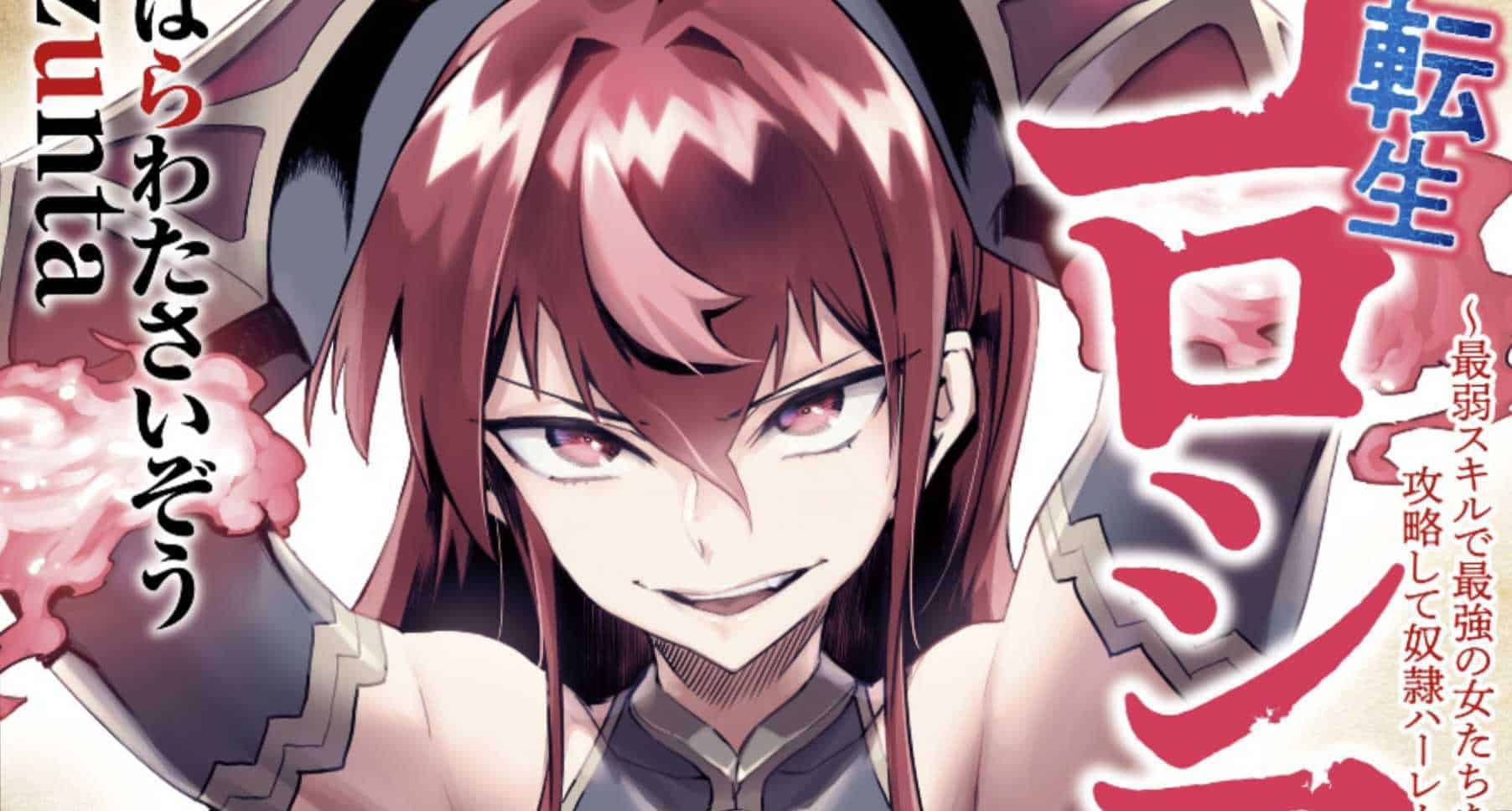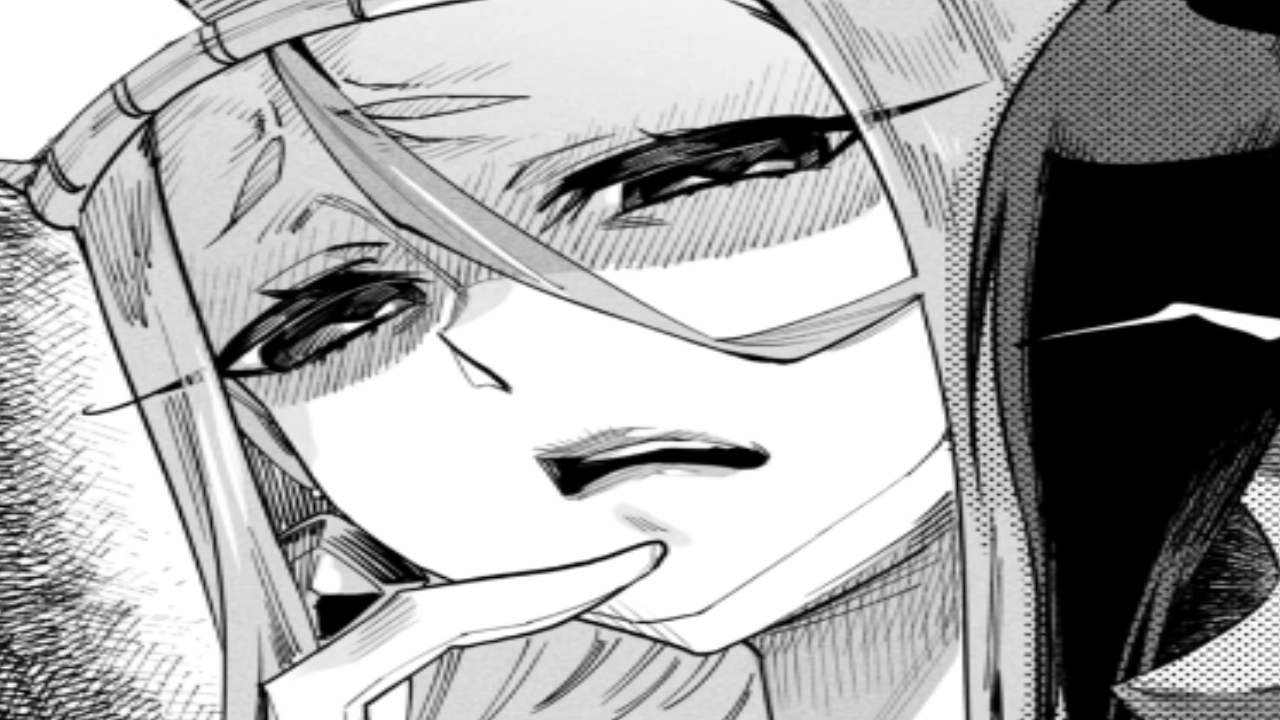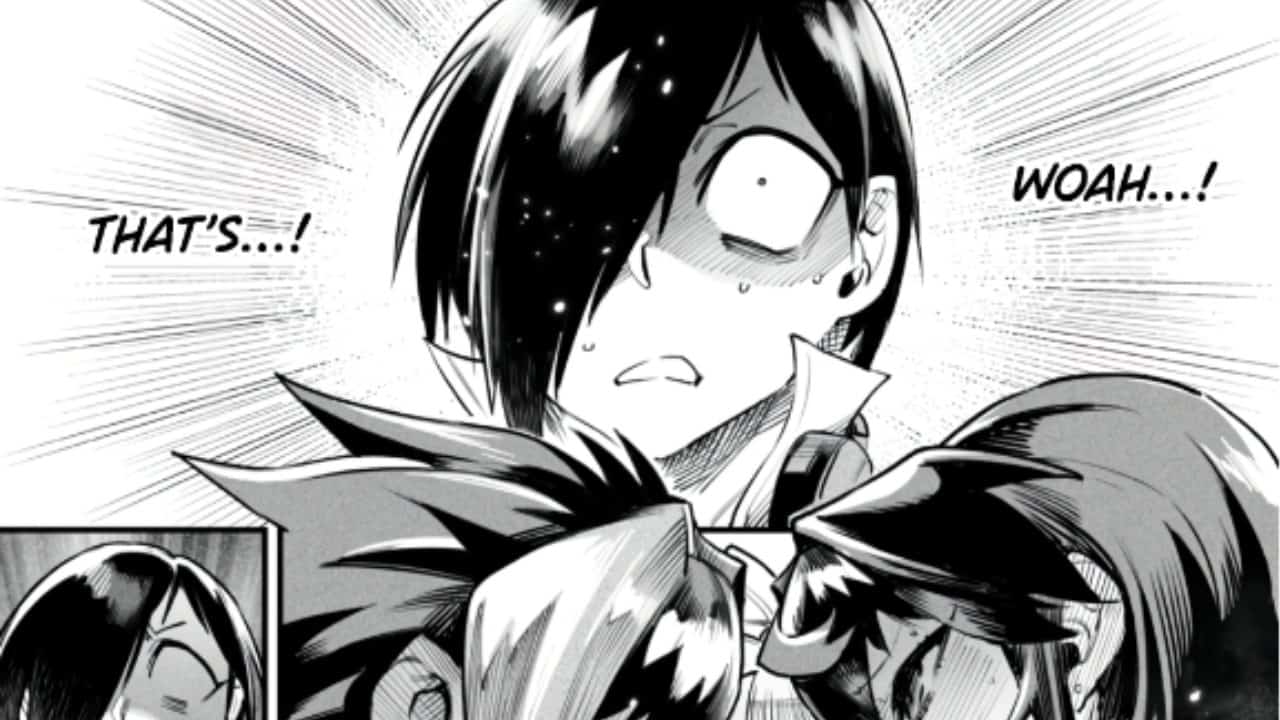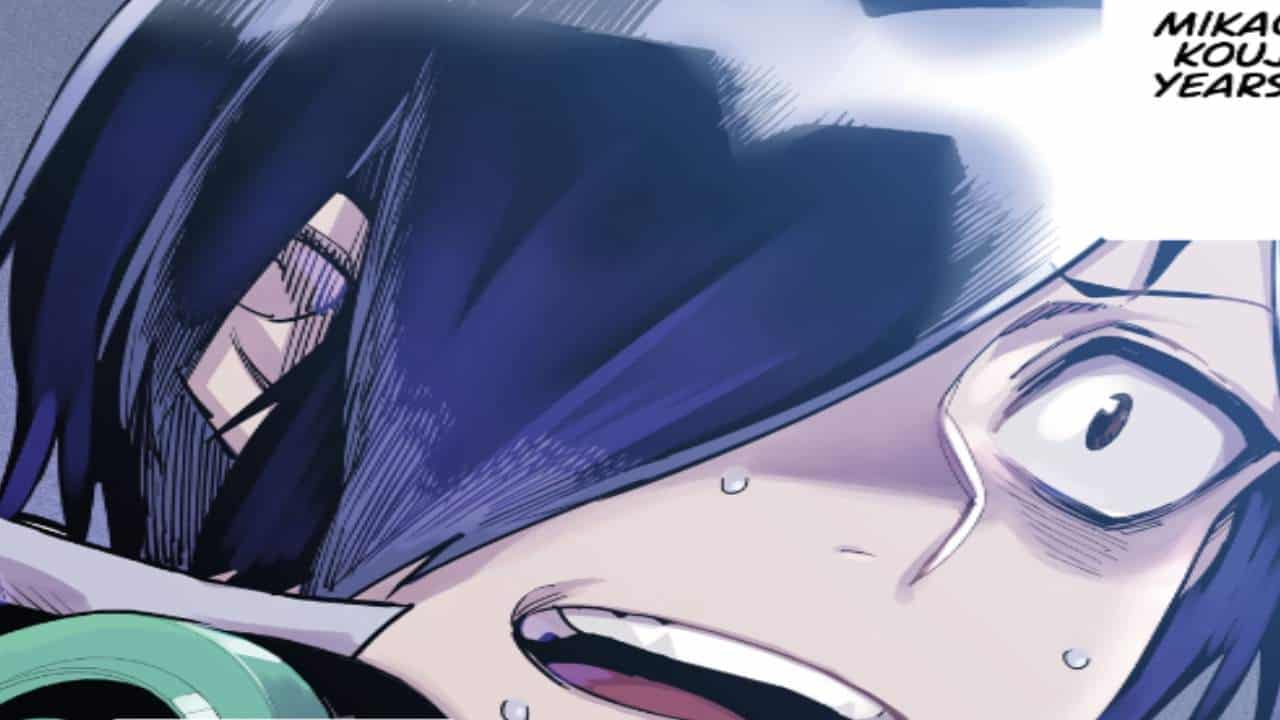Embark on a captivating journey through Reincarnation Colosseum Chapter 7, where the mysteries of past lives and their profound impact on the present unfold. Within the hallowed grounds of the Colosseum, we delve into the intricate connections between characters and their former selves, unraveling the symbolic meanings and ethical complexities that shape their destinies.
As we witness the characters navigate the complexities of memory and identity, we explore the profound challenges and transformative potential of reconciling past and present. The chapter invites us to contemplate the consequences of our actions and the enduring responsibility we carry for our past lives, fostering a deeper understanding of compassion and empathy.
Reincarnation in the Colosseum

The concept of reincarnation in the Colosseum, as depicted in the chapter, revolves around the idea that the souls of gladiators who perished within its walls are reborn into the bodies of present-day individuals. This cycle of rebirth is believed to be a form of karmic retribution, where the souls of those who died in the arena are given a chance to redeem themselves in their new lives.
The Colosseum serves as a potent setting for this concept of reincarnation due to its historical significance as a site of immense suffering and bloodshed. The ghosts of the gladiators who fought and died within its walls are said to linger, their presence felt by those who visit the Colosseum today.
Reincarnation Colosseum Chapter 7 is a thrilling installment in this popular web novel series. With its intense battles and captivating plot, it will leave you on the edge of your seat. If you’re looking for another gripping read, check out villain to kill chapter 107 . It’s a must-read for fans of action-packed adventure and suspense.
And don’t forget to return to Reincarnation Colosseum Chapter 7 for the continuation of this epic tale.
Symbolic Meanings and Themes
The reincarnation of gladiators in the Colosseum carries several symbolic meanings and themes:
- The Cycle of Violence: The reincarnation of gladiators highlights the endless cycle of violence and retribution that has plagued humanity throughout history. The souls of those who died in the arena are reborn to experience the same suffering they inflicted upon others, thus perpetuating the cycle of violence.
- The Power of Redemption: Despite the karmic retribution aspect, the reincarnation of gladiators also offers a glimmer of hope for redemption. By being reborn into new lives, the souls of the gladiators are given an opportunity to break free from the cycle of violence and atone for their past sins.
- The Fragility of Life: The reincarnation of gladiators serves as a reminder of the fragility of life and the futility of violence. The gladiators who fought in the Colosseum were once living, breathing individuals with hopes and dreams, yet their lives were cut short by the brutality of the arena.
The Characters and Their Past Lives

The characters in Reincarnation in the Colosseum are complex and well-developed, each with their own unique past life that shapes their current actions and motivations. Some of the most notable characters include:
Gaius Claudius Glaber
Gaius Claudius Glaber is a Roman general who is reincarnated into the body of a gladiator. In his past life, he was a ruthless and ambitious man who was responsible for the deaths of thousands of people. However, in his current life, he is a kind and compassionate man who is determined to make amends for his past mistakes.
After the thrilling events of Reincarnation Colosseum Chapter 7, our heroes face a new challenge in Invincible to 100 Hits Chapter 11 . They must overcome a formidable opponent with an unyielding spirit. As the battle rages on, the stakes grow higher, and our heroes must find a way to overcome the odds.
With determination and resilience, they return to Reincarnation Colosseum Chapter 7, ready to face the challenges that lie ahead.
Livia Drusilla
Livia Drusilla is a Roman empress who is reincarnated into the body of a slave. In her past life, she was a powerful and influential woman who was known for her intelligence and cunning. However, in her current life, she is a humble and selfless woman who is dedicated to helping others.
Marcus Aelius Verus
Marcus Aelius Verus is a Roman emperor who is reincarnated into the body of a gladiator. In his past life, he was a wise and just ruler who was loved by his people. However, in his current life, he is a bitter and disillusioned man who has lost faith in humanity.
Lucius Verus
Lucius Verus is a Roman emperor who is reincarnated into the body of a gladiator. In his past life, he was a cruel and tyrannical ruler who was hated by his people. However, in his current life, he is a kind and compassionate man who is determined to make amends for his past mistakes.
The relationships between the characters in Reincarnation in the Colosseum are complex and often fraught with tension. Gaius and Livia were once lovers in their past lives, but their relationship was destroyed by Gaius’s ambition. Marcus and Lucius were once brothers in their past lives, but they were separated by war and now find themselves on opposite sides of the gladiator arena.
The characters in Reincarnation in the Colosseum are all struggling to come to terms with their past lives and the choices they made. They must learn to forgive themselves for their mistakes and find a way to move on with their lives. The novel is a powerful and moving story about the power of redemption and the importance of forgiveness.
In the fierce arena of Reincarnation Colosseum Chapter 7, where destinies collide, a ripple of anticipation echoes. As the battle rages on, our gaze shifts briefly to the realm of Jujutsu Kaisen Chapter-212 , where a tempest of curses and exorcisms unfolds.
Yet, our hearts return to the gladiatorial arena of Reincarnation Colosseum Chapter 7, where the relentless clash of wills and the indomitable spirit of warriors ignite the flame of victory.
The Role of Memory and Identity

Memory plays a crucial role in shaping the characters’ understanding of their past lives. Through fragmented recollections and vivid dreams, they piece together the tapestry of their former existences. However, the process of remembering is fraught with challenges and complexities.
Reconciling Past and Present Identities
The characters grapple with the challenge of reconciling their past and present identities. Memories of past lives can be overwhelming, blurring the lines between their former and current selves. They struggle to integrate these fragments into their present consciousness, navigating the tension between their past experiences and present circumstances.
Impact on Sense of Self and Purpose, Reincarnation colosseum chapter 7
The retrieval of past memories profoundly impacts the characters’ sense of self and purpose. Uncovering their former lives can lead to a reassessment of their current values, beliefs, and aspirations. They may discover hidden talents, forgotten passions, or unresolved conflicts that shape their present trajectory.
The Ethics of Reincarnation

The concept of reincarnation raises a host of ethical implications that challenge our understanding of responsibility, justice, and the nature of the self. This chapter delves into these ethical dilemmas, exploring the consequences of past actions and the responsibilities we may carry from our previous lives.
Reincarnation suggests that our current existence is shaped by the actions and experiences of our past lives. This raises questions about the fairness of our present circumstances. If we are held accountable for the sins of our past selves, does this not undermine our free will and the ability to create a new path for ourselves? Conversely, if we are absolved of responsibility for our past actions, does this not create a moral hazard, allowing us to indulge in reckless or harmful behavior without fear of retribution?
Responsibility for Past Lives
The idea of reincarnation challenges our conventional notions of personal identity. If our current self is merely a continuation of a previous existence, to what extent are we responsible for the actions of our past lives? Are we simply vessels for our past selves, or do we have the agency to forge our own path, independent of our previous incarnations?
Some argue that we bear full responsibility for our past actions, regardless of whether we remember them. They maintain that our karma, or the sum of our past deeds, follows us from life to life, shaping our present circumstances and opportunities. According to this view, we have a moral obligation to atone for our past mistakes and to live virtuously in this life to create a better future for ourselves.
Others contend that we cannot be held fully accountable for the actions of our past lives, especially if we have no conscious memory of them. They argue that our current self is a unique and distinct entity, not merely a continuation of our past selves. As such, we should be judged solely on the basis of our actions in this life, without being burdened by the sins of our previous incarnations.
Potential for Compassion and Understanding
Despite the ethical challenges it poses, the concept of reincarnation can also foster compassion and understanding. By recognizing that we have lived many lives, we may develop a deeper sense of empathy for others, realizing that we have all made mistakes and experienced suffering in our past existences.
Reincarnation can also encourage us to live more ethically, knowing that our actions in this life will have consequences not only for our present selves but also for our future incarnations. This can motivate us to make choices that benefit not only ourselves but also the world around us, creating a more just and harmonious society.
Last Point: Reincarnation Colosseum Chapter 7

Reincarnation Colosseum Chapter 7 concludes with a thought-provoking examination of the ethics of reincarnation, leaving us with profound questions about the interconnectedness of our lives and the enduring legacy of our choices. Through its rich symbolism and compelling characters, this chapter serves as a poignant reminder of the transformative power of memory, the complexities of identity, and the profound ethical implications of our actions.